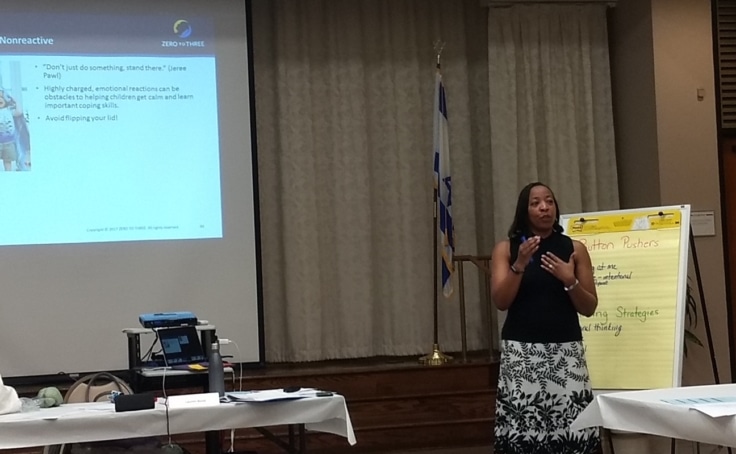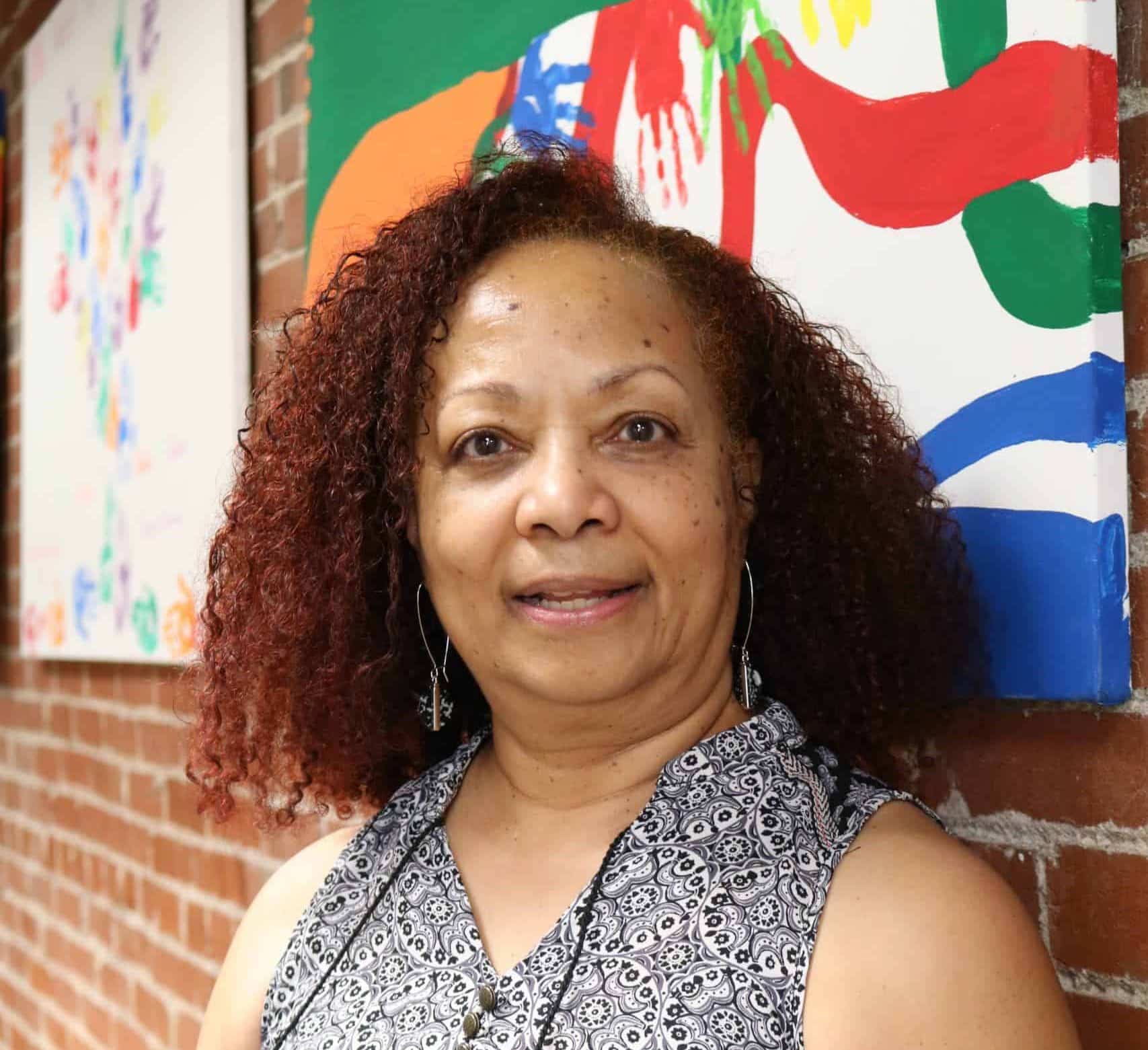How has the Critical Competencies training impacted your work?

Early childhood consultant and trainer, Lauren Bond, recalls how the Critical Competencies training has helped her practice and others.

With over 20 years’ experience, Lauren has served in many roles such as teacher, program administrator, regional director, coach, and currently works as a consultant and trainer. As President of Bond Education Services & Training she is committed to equipping early childhood professionals to be their absolute best by providing knowledge and tools needed to provide excellence in early education and to lead with passion. Lauren is a curriculum coach, CLASS observer, a MD Accreditation validator, an MSDE and OSSE certified Trainer. She also works as an Expert Faculty trainer for ZERO TO THREE.
I first took advantage of the Critical Competencies Training-of-Trainers in 2018. My previous professional development experiences weren’t always focused on infants and toddlers, and the Critical Competencies filled that gap. It helped me understand infants’ and toddlers’ curiosity, how they strive for relationships, and ways of better supporting them in early childhood settings. The training brought me so much insight into infant and toddler practices.
How have you seen the curriculum help other educators who have taken the course?
The curriculum helps early childhood educators use evidence-based practices to bring more intentionality and more thoughtful connections to support children’s social emotional, cognitive, and language development.
Lauren Bond


